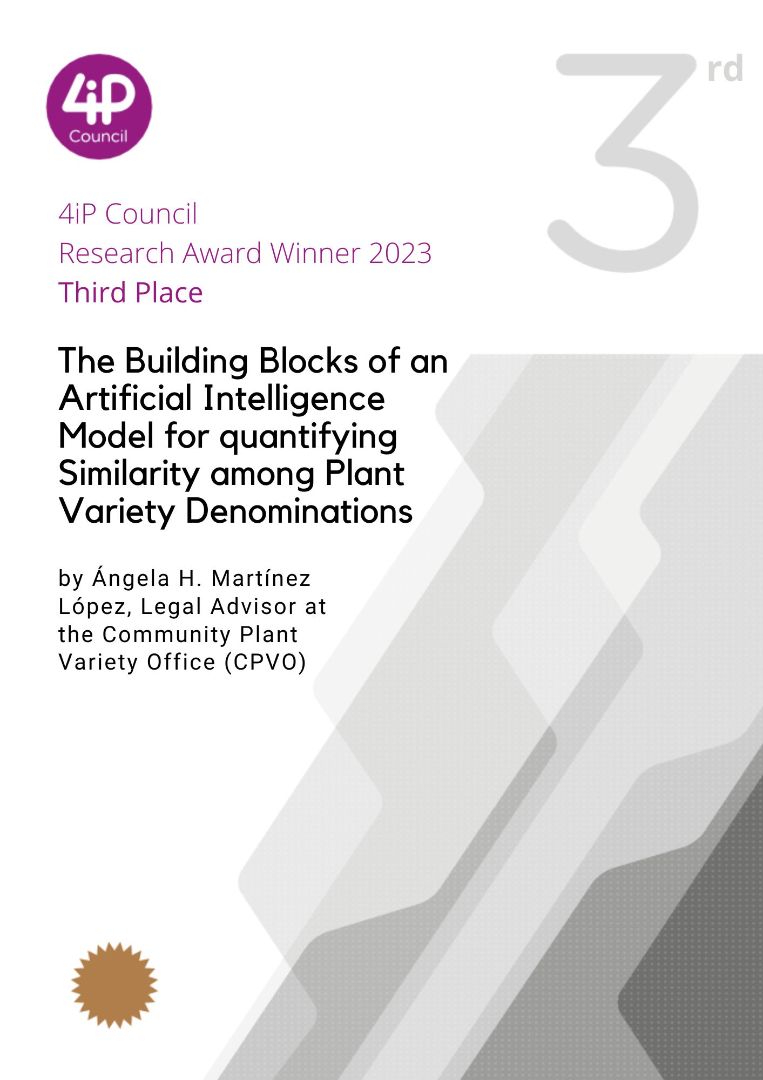Signs of Convergence between the US and Europe on Law and Policy relating to
Standard Essential Patents?
Vincent Angwenyi
The Assistant Attorney General (AAG) for the Antitrust Division of the Department of Justice (DOJ) in a speech given on the 10th of November expressed an opinion which is indicative of a shift in the DOJ policy on various issues revolving around Standard Essential Patents (SEPs) that have been committed to licensing on Fair Reasonable and Non- Discriminatory (FRAND) terms. The opinion signals a move from what has been considered a perspective bias in favour of implementers towards a more balanced consideration of both
patent holder and implementer interests.
The AAGs speech was delivered not long before the much-anticipated European Commission Communication on the EU approach to SEPs (Communication). The Communication, which was published on the 29th of November, is notably devoid of previous Commission statements raising broad concerns about potential abuses by essential patent holders. The Communication has a rather neutral and less intrusive tone, one that advocates for a balanced framework that in line with the Court of Justice of the European Union (CJEU) decision in Huawei v ZTE.
The DOJ: Then and Now
One of the main issues that was addressed in the speech and which has been a core subject of the DOJ’s policy considerations is the perceived ‘hold-up’ problem. Put simply the hold-up theory postulates that, where there are incomplete contracts and one party has sunk costs in that contract, the other party has the incentive to opportunistically increase rents by threatening e.g. withholding delivery of goods. In the standardization context, this argument traditionally refers to where a patent holder, through the threat of exclusionary relief, force an implementer who has already heavily invested in the manufacture of allegedly infringing products to pay royalties above FRAND. This situation is arguably worse in the standard setting context owing to the lock-in effect once a standard is adopted.






